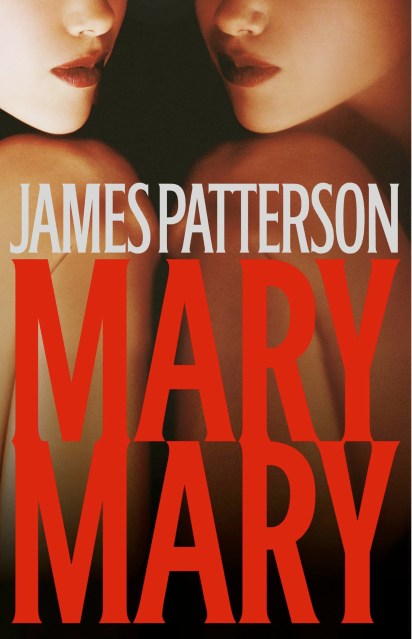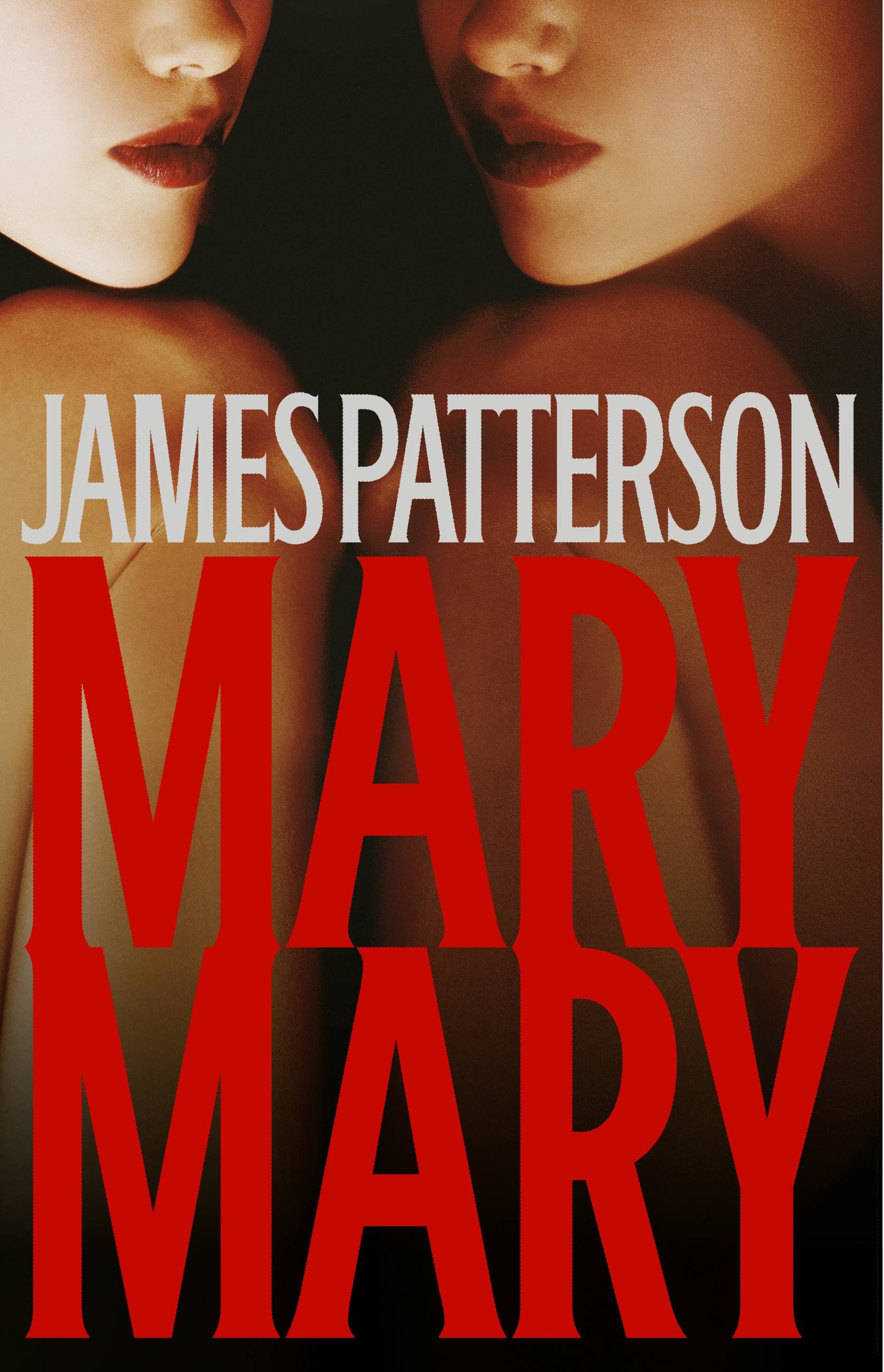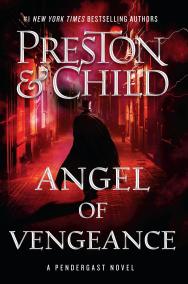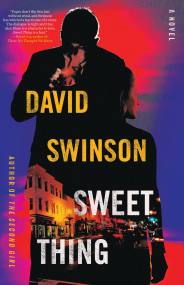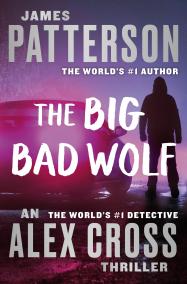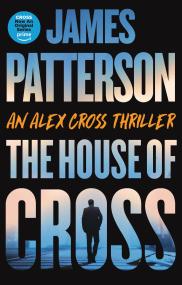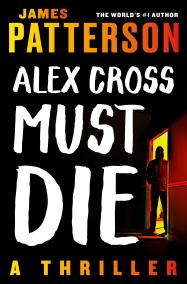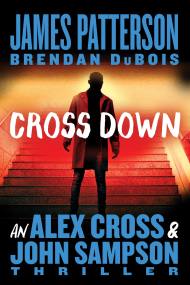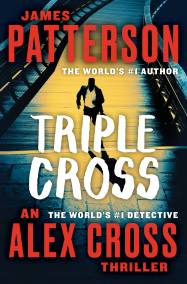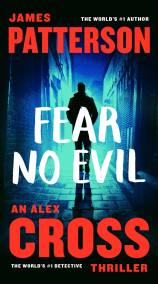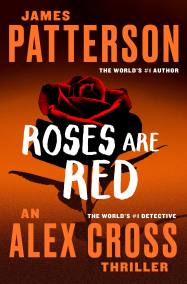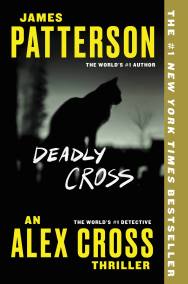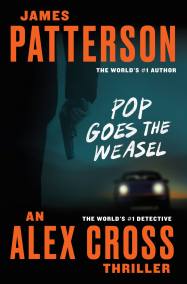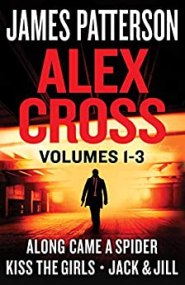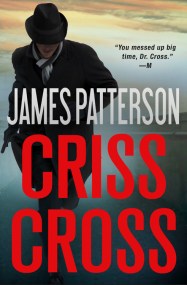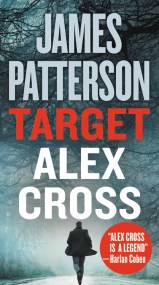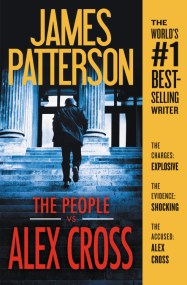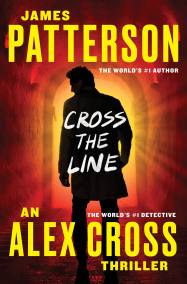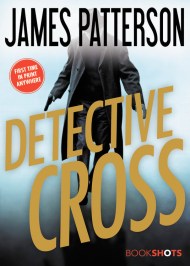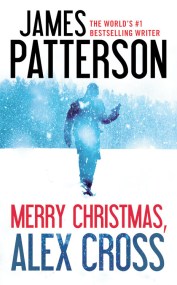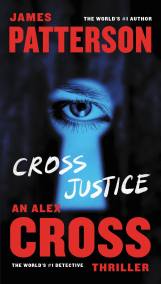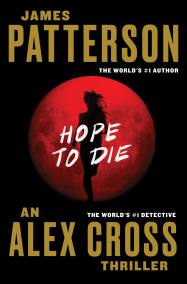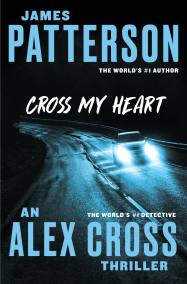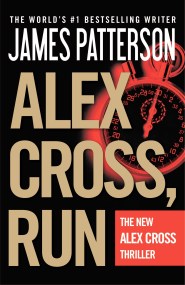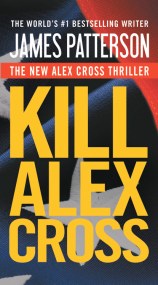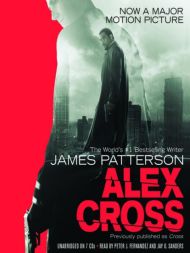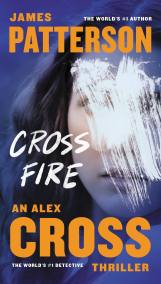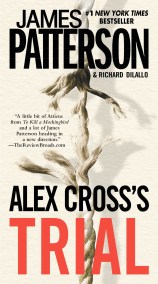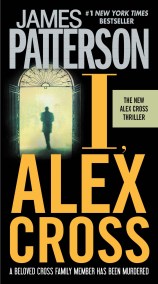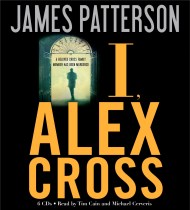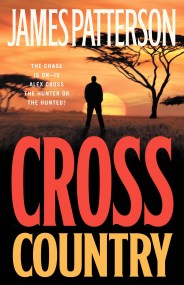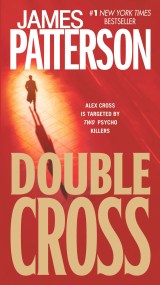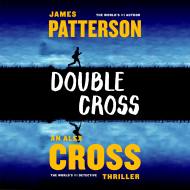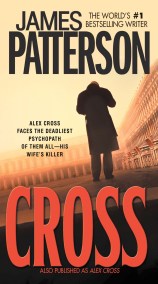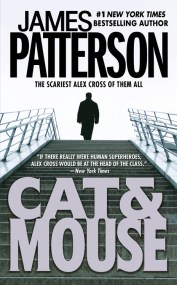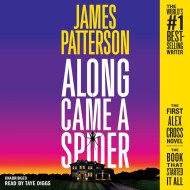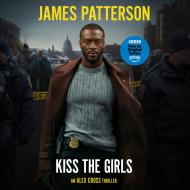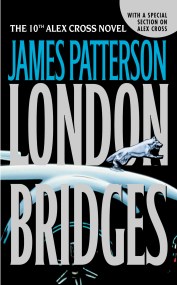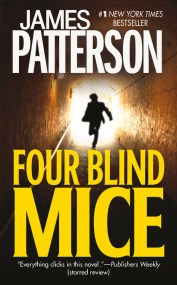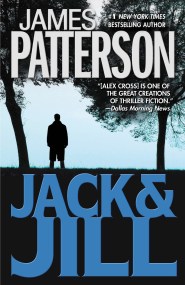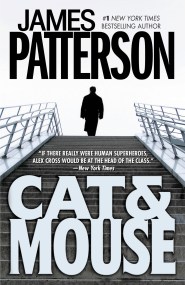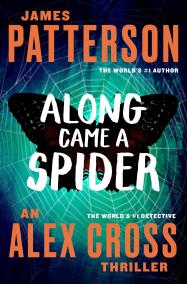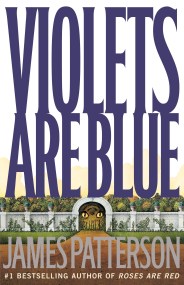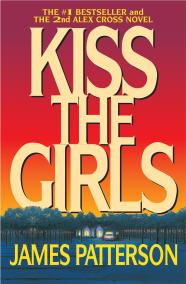Promotion
Sign up for our newsletters save 20% off your next purchase. Shop now.
Mary, Mary
Contributors
Formats and Prices
Price
$30.00Price
$39.00 CADFormat
Format:
This item is a preorder. Your payment method will be charged immediately, and the product is expected to ship on or around November 14, 2005. This date is subject to change due to shipping delays beyond our control.
Also available from:
FBI Agent Alex Cross is on vacation with his family in Disneyland when he gets a call from the Director. A well-known actress was shot outside her home in Beverly Hills. Shortly afterward, an editor for the Los Angeles Times receives an e-mail describing the murder in vivid details. Alex quickly learns that this is not an isolated incident. The killer, known as Mary Smith, has done this before and plans to kill again.
Right from the beginning, this case is like nothing Alex has ever been confronted with before. Is this the plan of an obsessed fan or a spurned actor, or is it part of something much more frightening? Now members of Hollywood’s A-list fear they’re next on Mary’s list, and the case grows by blockbuster proportions as the LAPD and FBI scramble to find a pattern before Mary can send one more chilling update.
Right from the beginning, this case is like nothing Alex has ever been confronted with before. Is this the plan of an obsessed fan or a spurned actor, or is it part of something much more frightening? Now members of Hollywood’s A-list fear they’re next on Mary’s list, and the case grows by blockbuster proportions as the LAPD and FBI scramble to find a pattern before Mary can send one more chilling update.
Series:
- On Sale
- Nov 14, 2005
- Page Count
- 400 pages
- Publisher
- Little, Brown and Company
- ISBN-13
- 9780316159760
By clicking 'Sign Up,' I acknowledge that I have read and agree to Hachette Book Group’s Privacy Policy and Terms of Use
